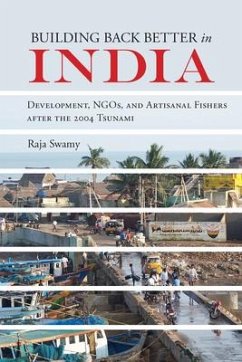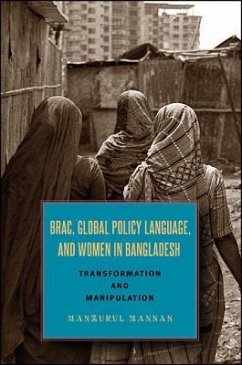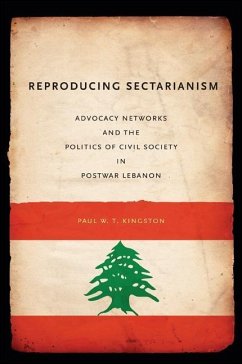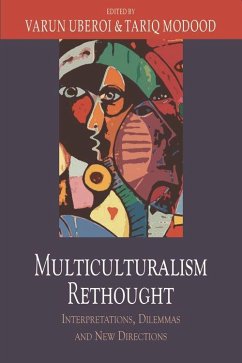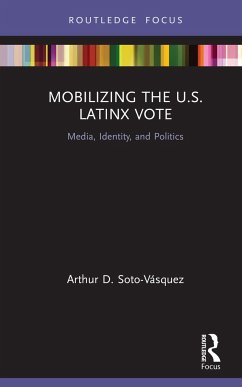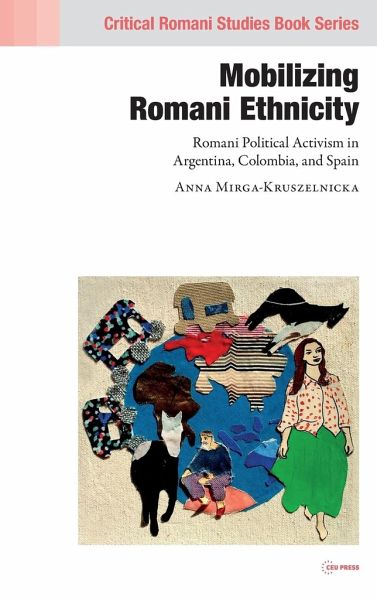
Mobilizing Romani Ethnicity
Romani Political Activism in Argentina, Colombia and Spain

PAYBACK Punkte
54 °P sammeln!
The Roma issue is generally treated as a European matter. Indeed, the Roma are the largest European minority-their presence outside of Europe is a result of various waves of migration over the past four hundred years. Likewise, the stereotypes associated with the Roma-the problematized, stigmatized status of a "Gypsy" as well as the historical and contemporary manifestations of antigypsyism-are also of European origin. This book claims, however, that the perception of Roma being strictly a European issue is flawed, and that re-connecting the Roma issue globally represents an important learning...
The Roma issue is generally treated as a European matter. Indeed, the Roma are the largest European minority-their presence outside of Europe is a result of various waves of migration over the past four hundred years. Likewise, the stereotypes associated with the Roma-the problematized, stigmatized status of a "Gypsy" as well as the historical and contemporary manifestations of antigypsyism-are also of European origin. This book claims, however, that the perception of Roma being strictly a European issue is flawed, and that re-connecting the Roma issue globally represents an important learning experience and an added value. The book offers a critical exploration of Romani political activism in Colombia and Argentina, and compares it to that in Spain, narrated from the intimate perspective of Romani actors themselves. By outlining parallel lineages of Romani activism in three countries and on two continents, the author arrives at broad conclusions regarding the nature of ethnic mobilization. Mirga-Kruszelnicka proposes a new synergetic conceptualization of this multidirectional concept as an interplay between political opportunities, mobilizing structures, and frames of identity. Contributing to the vivid debate about the relationship between the researcher and the researched, the book also includes an original discussion of the positionality of scholars of Romani background.




